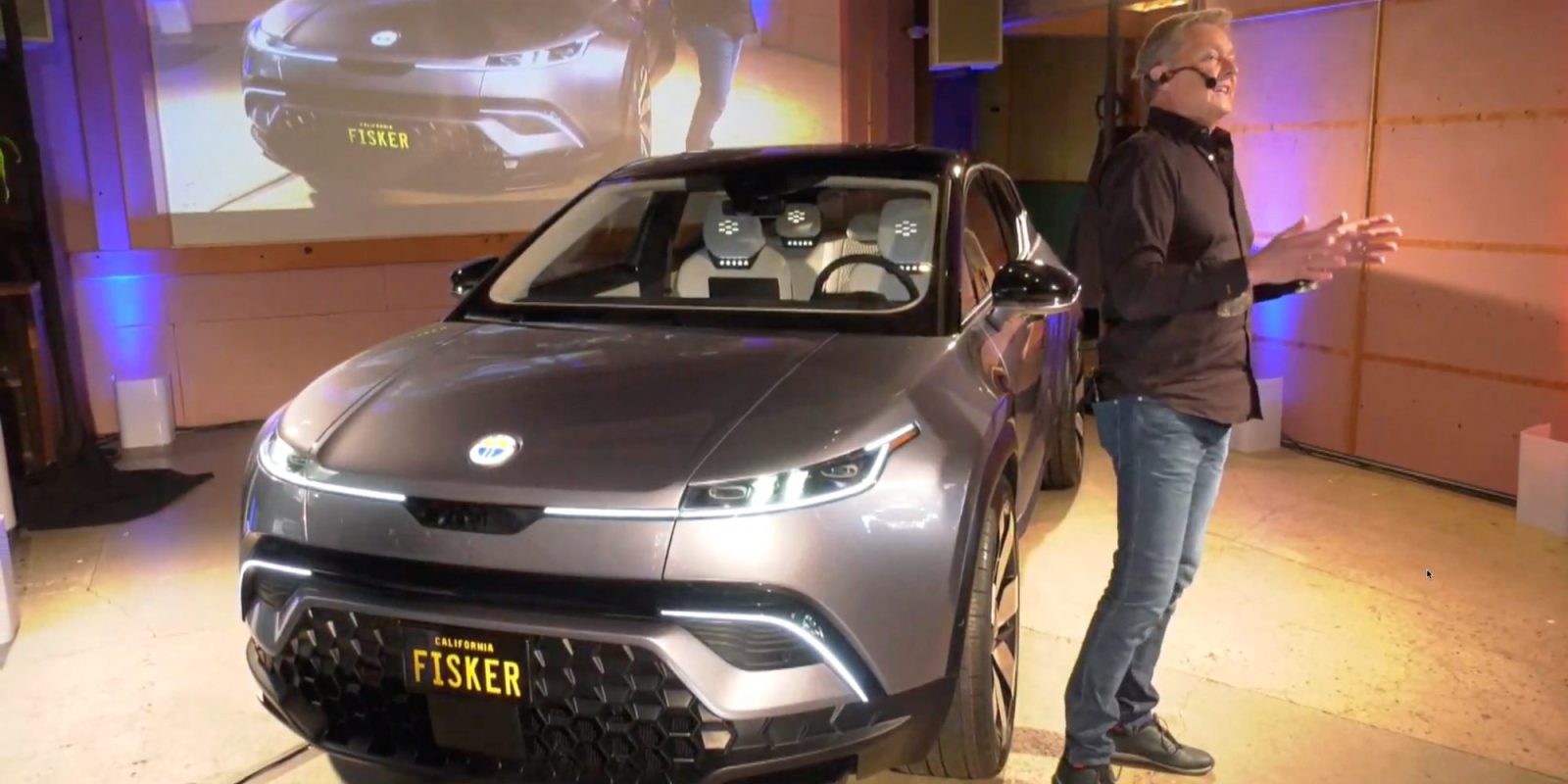Breakthrough? What Breakthrough? Fisker is apparently throwing in the towel on solid state batteries after announcing its achievement of a “breakthrough” that allowed for a 1-minute charge range of 500 miles.
Since launching his EV startup, Fisker CEO, Henrik Fisker has made headlines several time for the ambitious claims he’s made regarding the startups future vehicles. One of the biggest claims was about the batteries they planned to use. Fisker initially announced its first EV would house a new graphene-based hybrid super capacitor technology. However, that was short lived as Fisker announced not long after that they had had a major “breakthrough” in terms of solid-state batteries for EV that enables a range of 500 miles and 1-minute charging.
Now, Fisker seems to be backpedaling as the company has announced that they stopped working on the alleged “breakthrough” over a year ago.
In and interview with The Verge, the CEO explained: “So we spent a lot of time, several years, doing research in solid-state batteries. And it’s kind of a technology where when you feel like you’re 90 percent there, you’re almost there, until you realize the last 10 percent is much more difficult than the first 90. But you don’t really know that until you get up to the 90 percent. So as we got toward the end of this — or let’s put it, as we got close to understanding fully this technology, we realized that it was much more difficult than we had predicted and expected in the beginning as we were very excited about some of the early things we were doing.
But we eventually came to the conclusion, I think it was probably end of 2019, beginning of ‘20, I forget exactly, that solid-state batteries are still very, very far out, they’re not around the corner. I think personally, they’re at least seven years out, if not more, in terms of any sort of high-volume format. Because you need to … once you have a breakthrough in that technology, you need probably three years to set up high-volume manufacturing, and then you need another three years to do durability testing. So even if somebody invented it today, it would be at least probably six years out.
So we have completely dropped solid-state batteries at this point in time because we just don’t see it materializing. Would we do something in the future? If we do, it would be something completely new, and we obviously have a battery team that’s looking at the current technology that’s here. But the solid-state battery that we worked on, that just doesn’t have a future at this point in time in the near future. And I don’t see us continuing with that particular development at all.”
The gist of the Fisker CEO’s statement is the technology isn’t even close to being ready for commercialization, regardless of what the company said when they announced their “breakthrough.”

